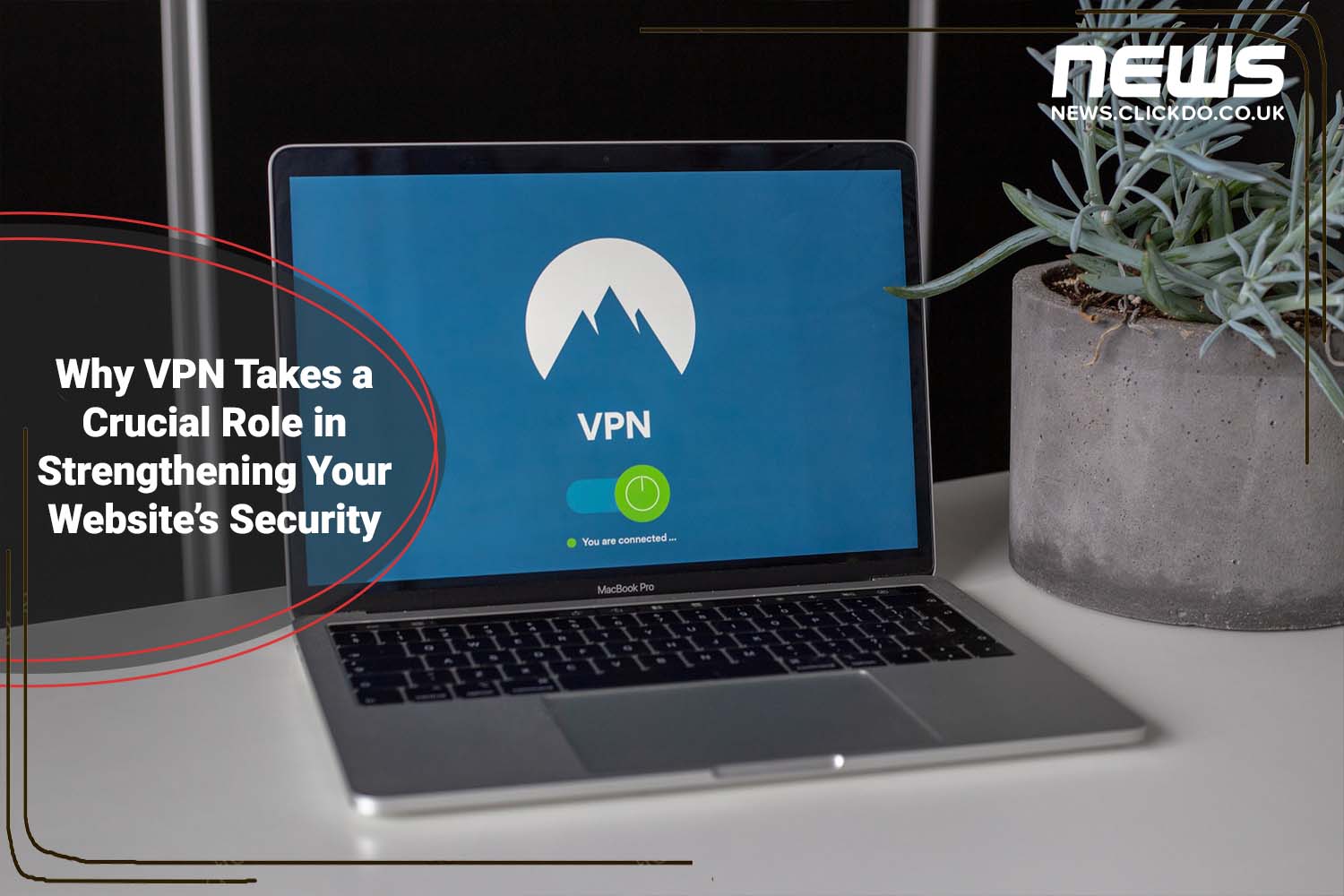
Why VPN Takes a Crucial Role in Strengthening Your Website’s Security
Table of Contents
So many websites exist nowadays, and many people have started their businesses online from home. Apart from offering great services and products, a website’s success and reputation depend highly on its security levels.
Since websites use customer information to function, they become targets of other people working from their homes, namely hackers. Hackers are addicted to personal information due to financial gains. They can sell such information to third parties, stalk or harass certain people, or blackmail companies by keeping their data hostage.
A website’s security is thus more crucial than ever in our ever-increasing online world, and one method to boost your website’s defenses is through a VPN.
What is a VPN?

A VPN, short for Virtual Private Network, is software that allows its users to hide their IP addresses, browsing data, and more. It hides your actual network and replaces it with a fake one that would-be attackers won’t be able to find or will be deterred even to try.
With a VPN, you can change your geo-location, making anyone who might take an interest in your internet activities blind to your actual data and location. You can use this feature to access geo-restricted content that otherwise might be blocked in your country.
Top 3 VPN Features To Protect Your Website and Privacy
A VPN, based on who the VPN provider is, also comes with many other additional features. However, only paid/premium VPN providers offer them. Using a free VPN is highly dangerous as it can also sell your data similarly to a hacker, bombard you with ads, and slow your internet connection. Still, most importantly, it won’t protect you.
Premium VPN services provide so many unique features that it would be impossible to list them all, but let’s take a look at some and how they can strengthen your website’s security.
1. Privacy & Threat Protection
 NordVPN, for example, is a provider that can hide your browsing history from your internet provider or even the government. This is a unique feature even among the best VPN providers.
NordVPN, for example, is a provider that can hide your browsing history from your internet provider or even the government. This is a unique feature even among the best VPN providers.
If even your government and internet provider can’t gather data from your browsing devices, hackers won’t even try. But there is more than that. NordVPN also offers a Threat Protection feature. It is a tool that neutralizes cyberattacks before they can harm your website and devices. It makes browsing the internet safer while doing research or just about anything.
The Threat Protection feature can identify malware-ridden files or even stop you from accessing malicious websites beforehand. Another great advantage is that it can block trackers and intrusive ads, which many websites use today. If you don’t want to use a VPN on certain days, the Threat Protection feature will remain active to protect your data while browsing.
This can protect your employees and business from phishing attacks.
2. Securing Online Connections

Many website businesses have more than a couple of employees working for them. These employees are usually the weakest chain in your website’s security. It takes just one unsecured connection from one of your employees on a public WiFi for things to go wrong. A virus or malware will mess everything up later, and you won’t even know what hit you.
However, the way VPNs function doesn’t matter where you or your employees connect to the internet to work or have a good time. Public WiFi connections become secure as long as you use the VPN feature.
Some VPN providers even have the killswitch security feature. For example, if your VPN isn’t working, it will automatically disconnect you from the internet as you are vulnerable. This way, hackers won’t be able to steal your credentials and perform a data breach on your website.
3. Remote Access or Site to Site Connection

The remote access variant is the most common. It is how users connect online to their company’s servers from different locations and remotely gain access to tools, data, and services while working onsite. When you work with a VPN, you can use the traditional remote access or site-to-site connection.
The site-to-site connection is even more secure. It is an intranet-based VPN that organizations can use to connect the network of two offices in different locations. The routers in these facilities will only work once they authenticate one another, and then the data is shared.
Final Words
There are dozens of other cybersecurity features offered by VPNs other than those already mentioned. No matter what VPN provider you choose, a VPN will boost your website’s security, customer trust, and reputation.

